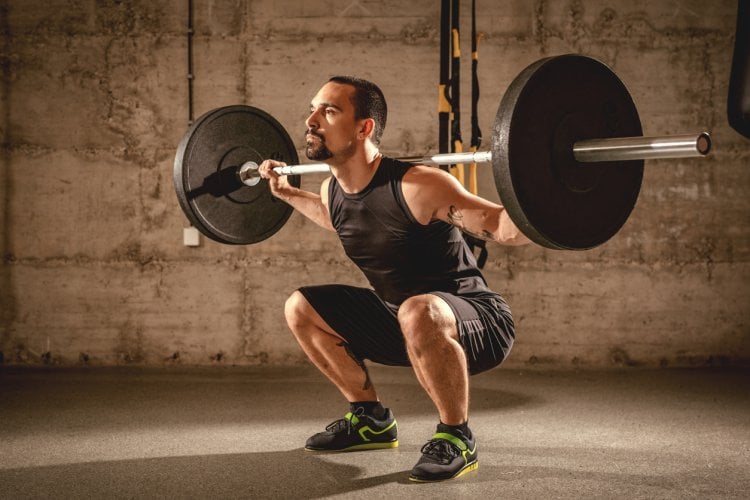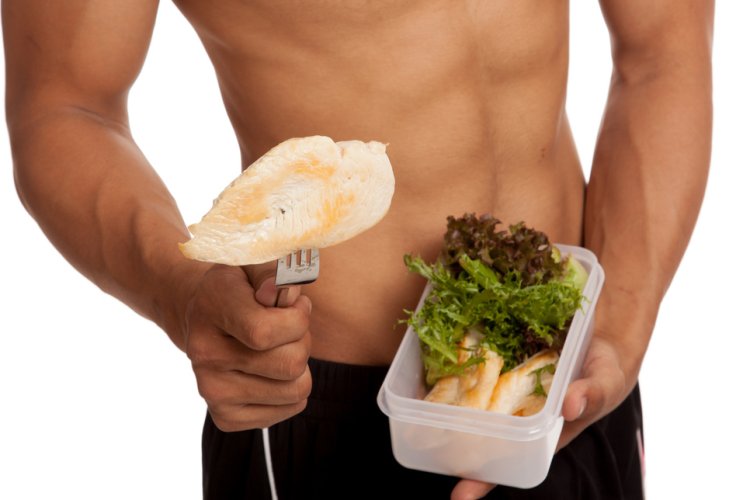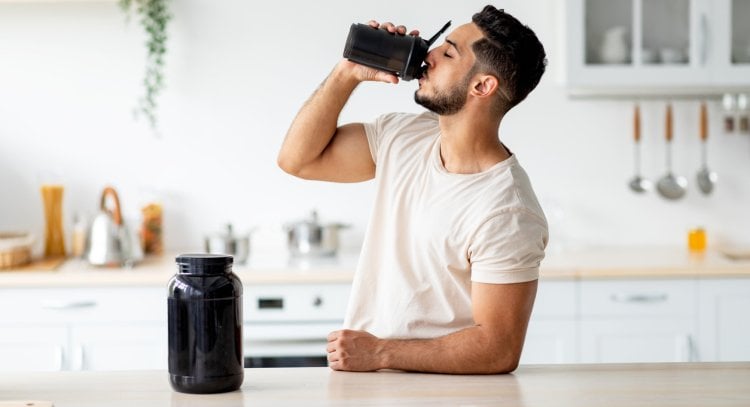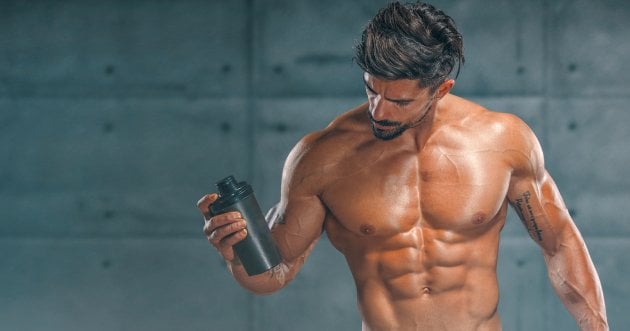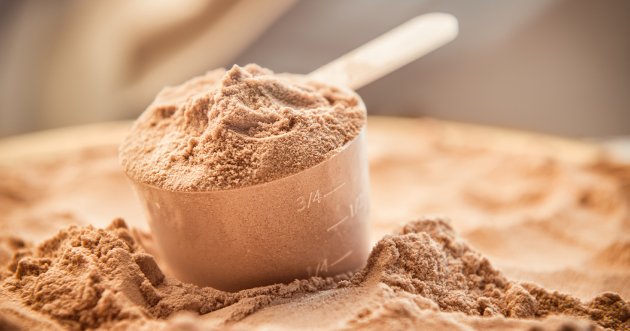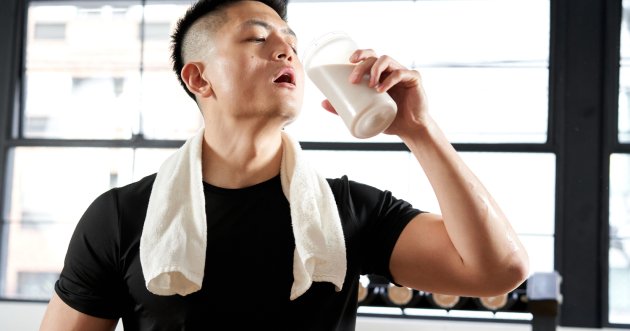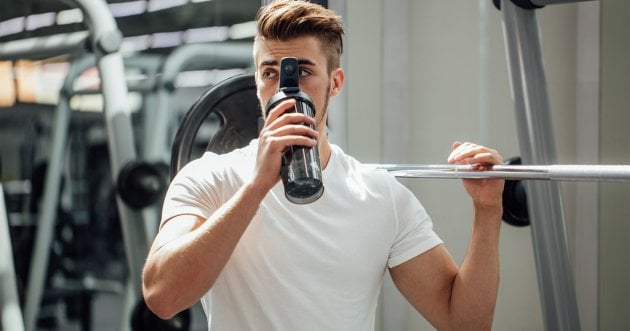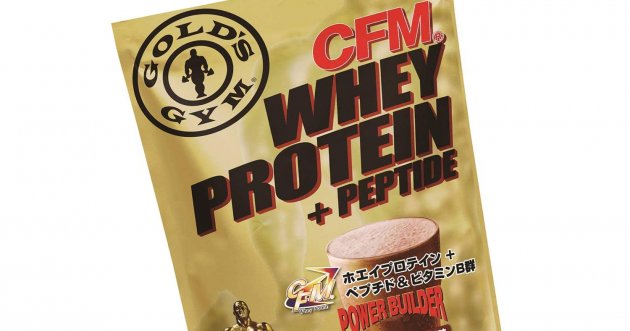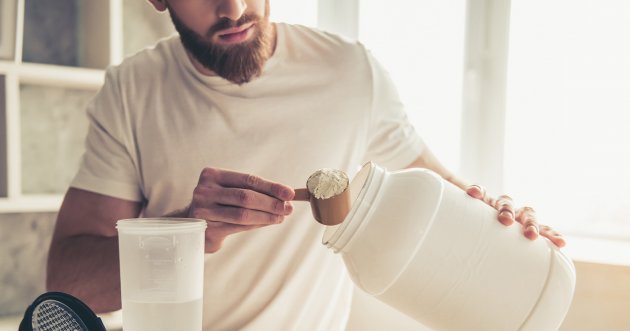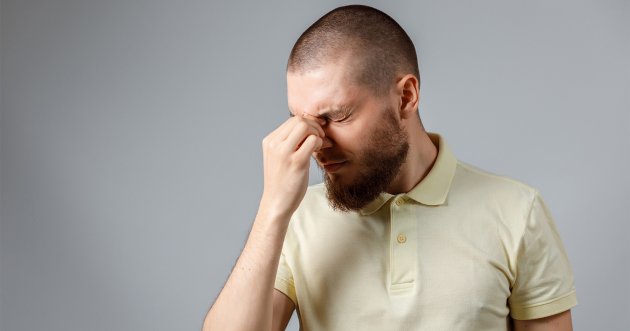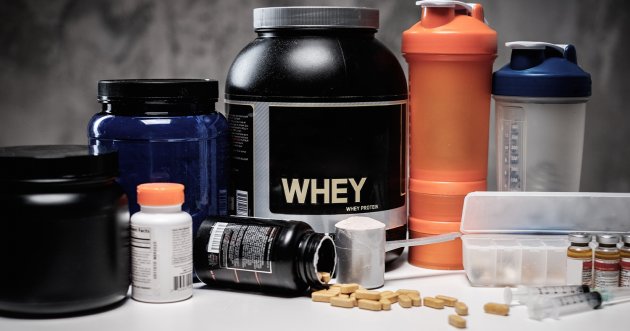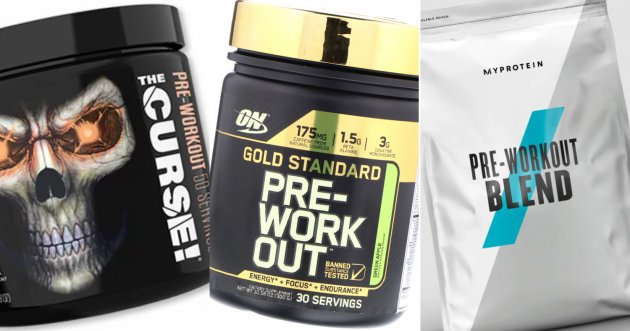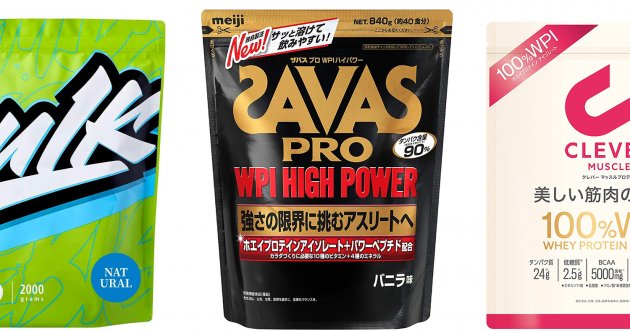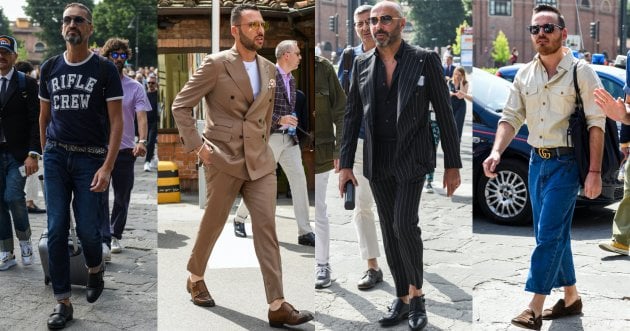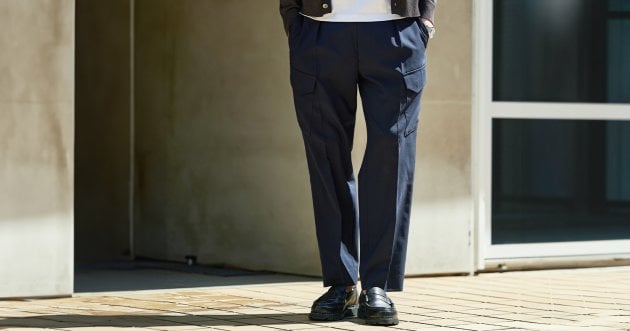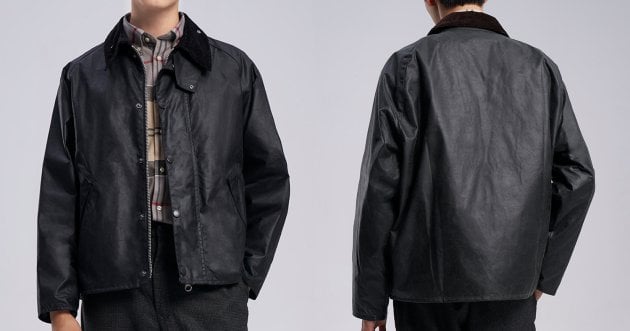
Hard gainer who eats a lot and does muscle training but has difficulty gaining weight and muscle. There are probably many hard gainers who have given up on the idea that “it can’t be helped because it’s just my constitution. In this issue, we will take a deeper look at the “hard gainer,” and introduce methods to increase body size and recommended weight gainer proteins that are useful for weight gain.
Suponsered by
What is a hard gainer anyway?
A hard gainer is a person who has difficulty gaining muscle mass even with above-average caloric intake. If the daily calorie requirement for the average adult male is 2,500 kcal, most hard gainers will not gain that much weight even if they continue to consume more than 3,000 kcal. This is a dream come true for those who are overweight and struggle to lose weight, but it is a big problem for men who want to bulk up.
Is it true that ” thin wrists make a hard gainer?”
There has been a lot of talk on social networking sites that if there is enough room between the thumb and middle finger of the right hand and the left wrist, then there is a good chance that the person is a hard gainer. This is not a highly credible statement, as there is no scientific basis for it, but a thin wrist means thin bones, which may make it difficult to gain muscle mass.
Why are hard gainers hard to gain weight?
There are several reasons why hard gainers are less likely to gain weight. One of the most important reasons is ” low digestive and absorption capacity,” which is thought to be due to differences in intestinal bacteria and enzymes from the average person. With low digestion and absorption capacity, it is difficult to absorb nutrients even if they eat hard, and therefore, they cannot obtain materials to become muscles. Also, people with high basal metabolism, the type that constantly consumes large amounts of calories, are more likely to be hard gainers. Other factors include gastroptosis and differences in hormone production, but there are also many people who simply eat less. If you think you may be a hard gainer, it is a good idea to keep track of your food intake.
There are three major ways for hard gainers to get bigger!
Here are some ways hard gainers can make their bodies bigger. It is simple to keep increasing the amount of food you eat, but it may be too much for hardgainers who are prone to gastrointestinal weakness, so it is important to find a method that works for you.
How to get bigger (1) “Keep on doing muscle training
It will take significantly longer than for non-hardgainers, but over the long haul, it is possible to gain weight through muscle. It is better to gain weight with muscle than to gain weight with fat by consuming high calories unnecessarily, both in terms of appearance and health, so do not be in a hurry to continue muscle training. Be careful not to compare yourself with other trainees, as this will lead to a loss of motivation.
Method 2: “Increase the number of meals so as not to put a burden on the stomach and intestines.
Chewing well and eating more frequently are effective ways to consume calories without putting a burden on the gastrointestinal tract; ideally, 1,000 kcal per meal should be divided into 4~5 meals, instead of 3 times a day. It is also important to pay attention to the quality of the food you eat, and it is better to avoid foods that are high in fat, which is difficult to digest. It is easy to think that you can consume less total calories because fat is more than twice the calories of protein and carbohydrates, but remember that protein and carbohydrates are the main building blocks of muscle.
How to get bigger (3) “Relying on supplements is also effective.
Weight Gainer Protein is recommended for those who have difficulty increasing the number of meals per day. It is characterized by the addition of carbohydrates and fats to ordinary protein to make it higher in calories, making it a quick nutritional supplement even when you don’t have an appetite. If you don’t have an appetite when you wake up, why not try incorporating it before bed or during work breaks when you have time to spare until your next meal?
2/2GO TO NEXT PAGE


